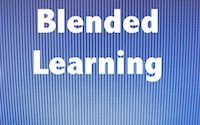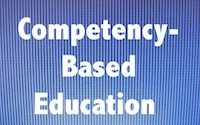
Understanding the Online Doctoral Learning Experience: Factors that Contribute to Students’ Sense of Community
As the number of students taking online courses continues to grow steadily, it is becoming increasingly important to inquire about the experiences of these students in order to understand the factors that contribute to their success. It is imperative that the social needs of students be understood, as interaction is an important aspect of the […]
















